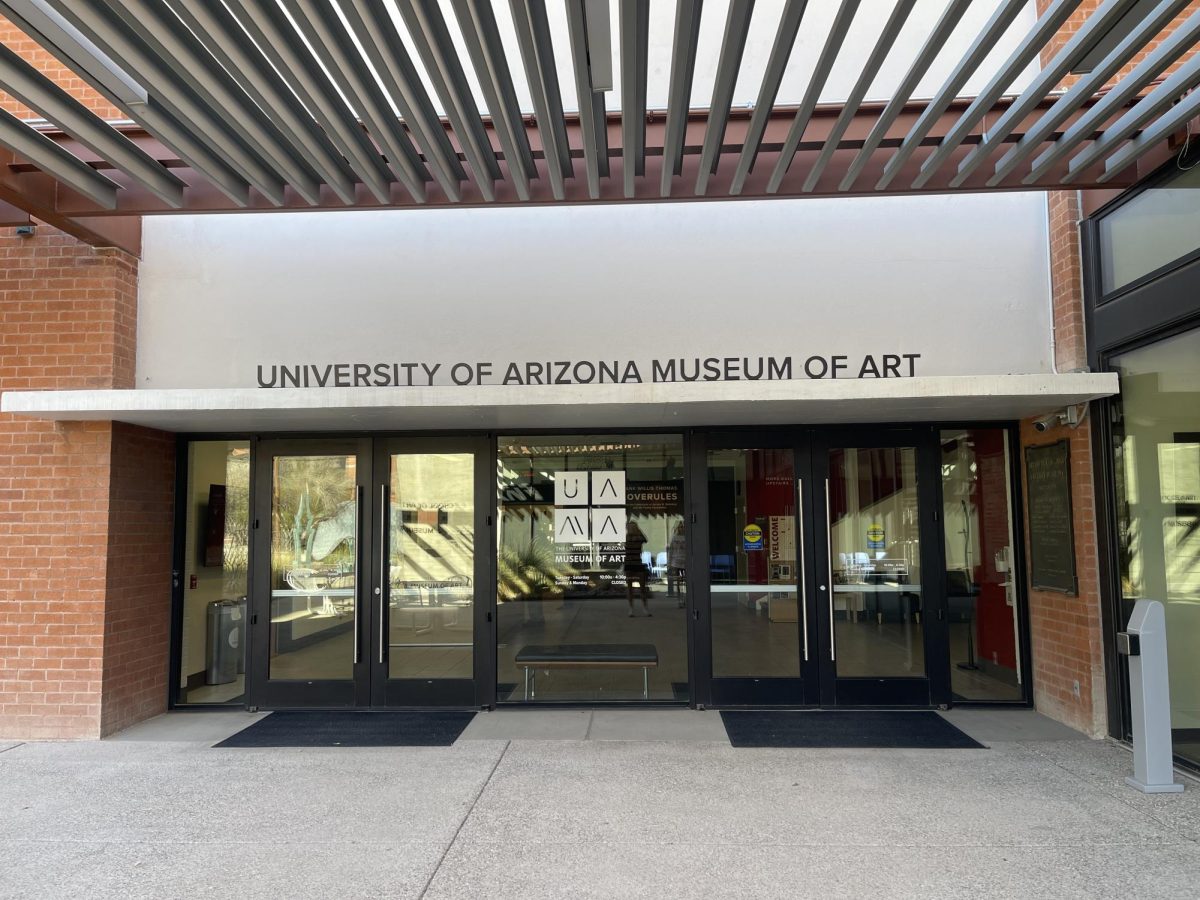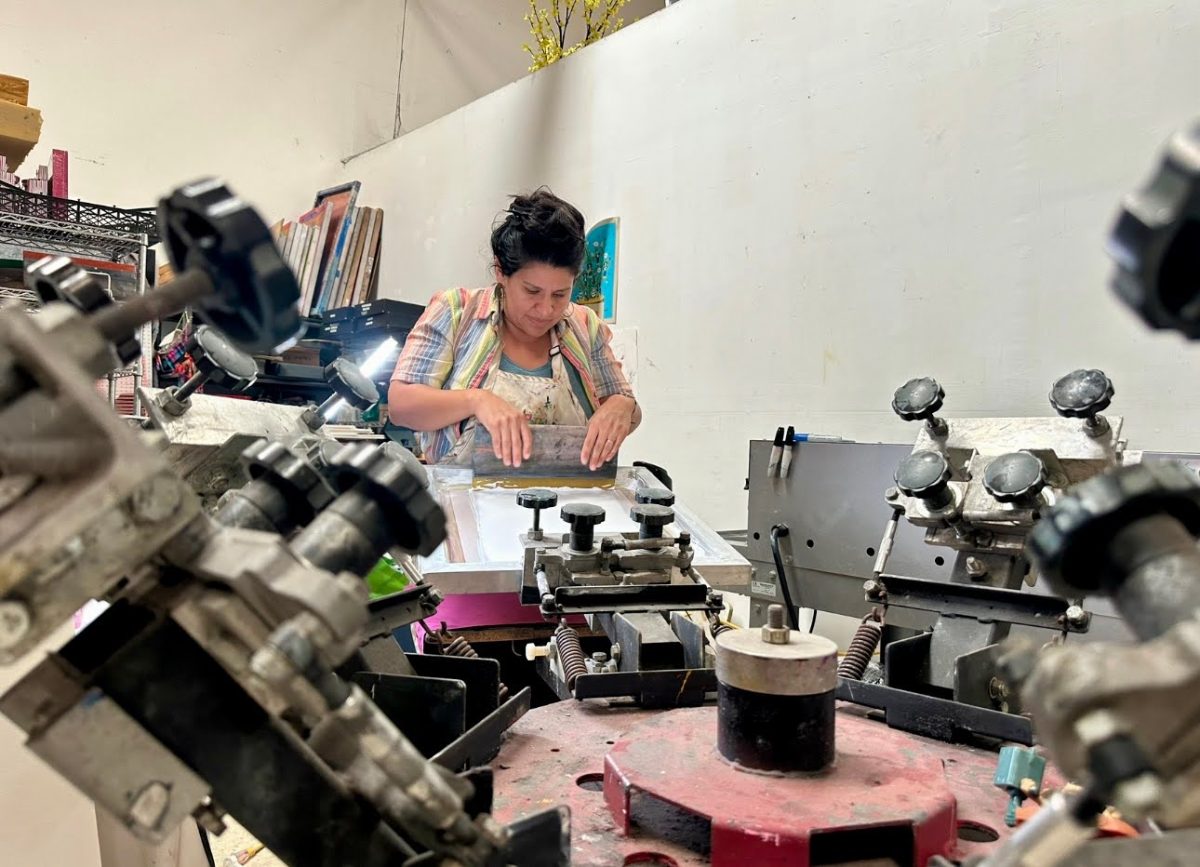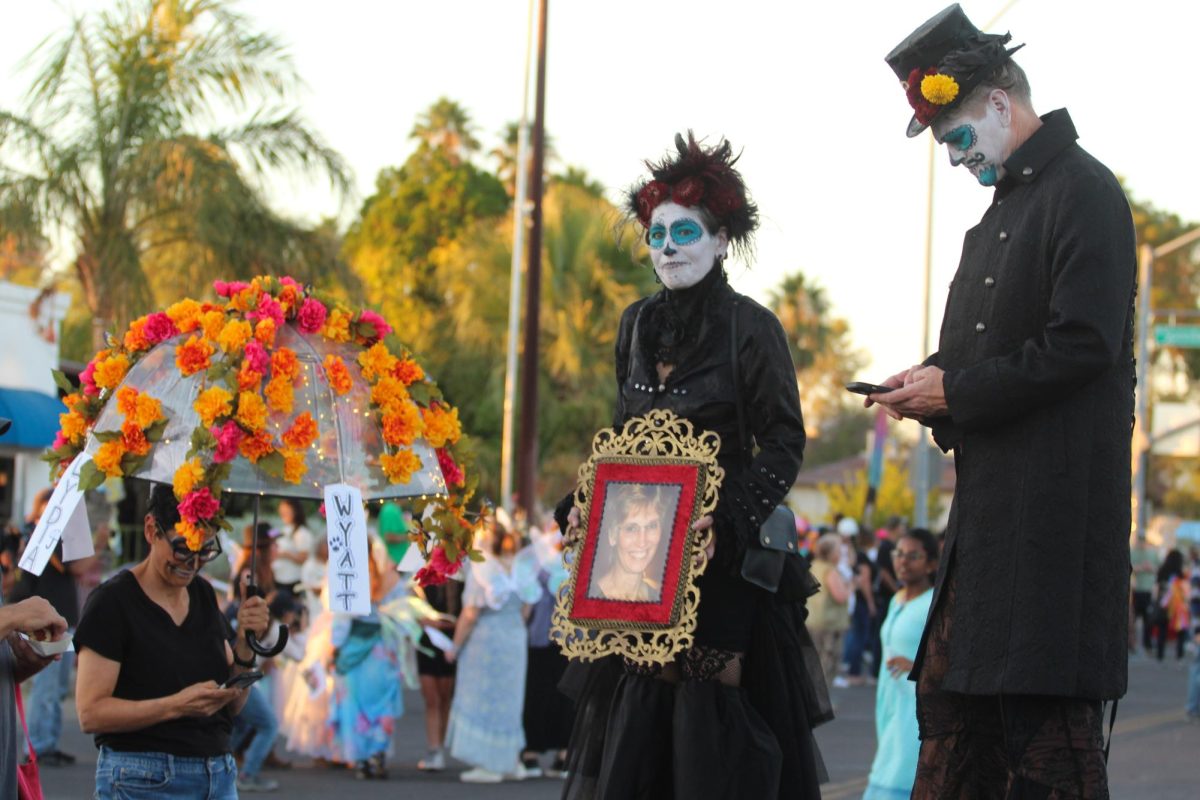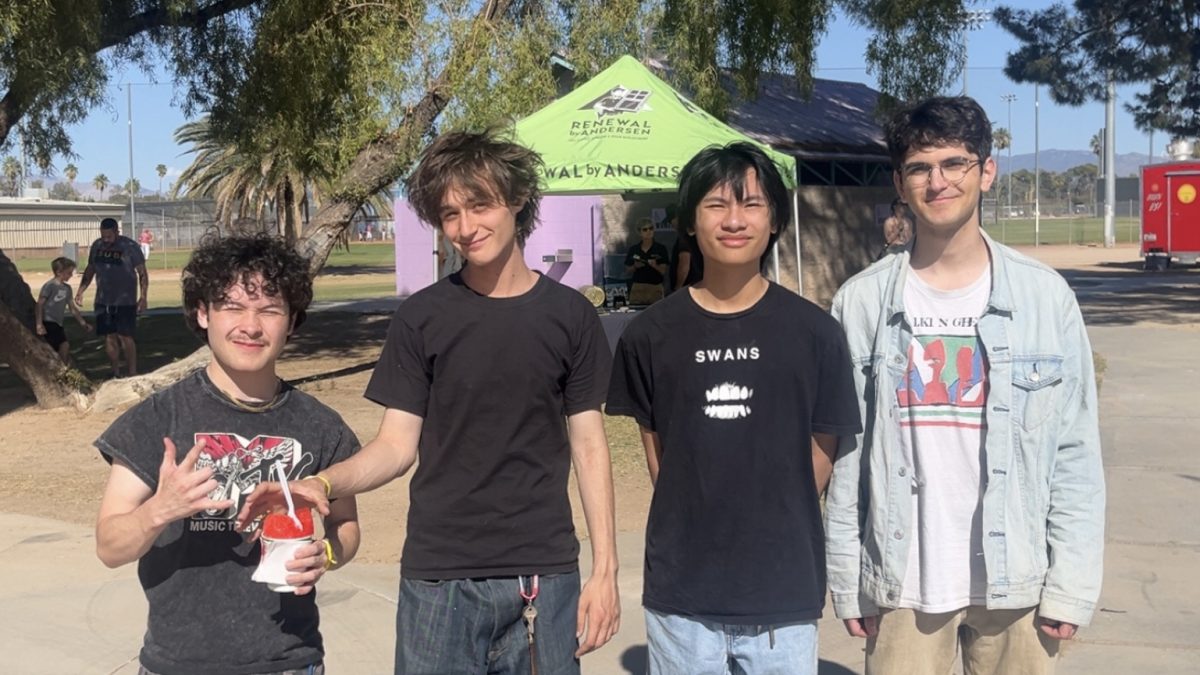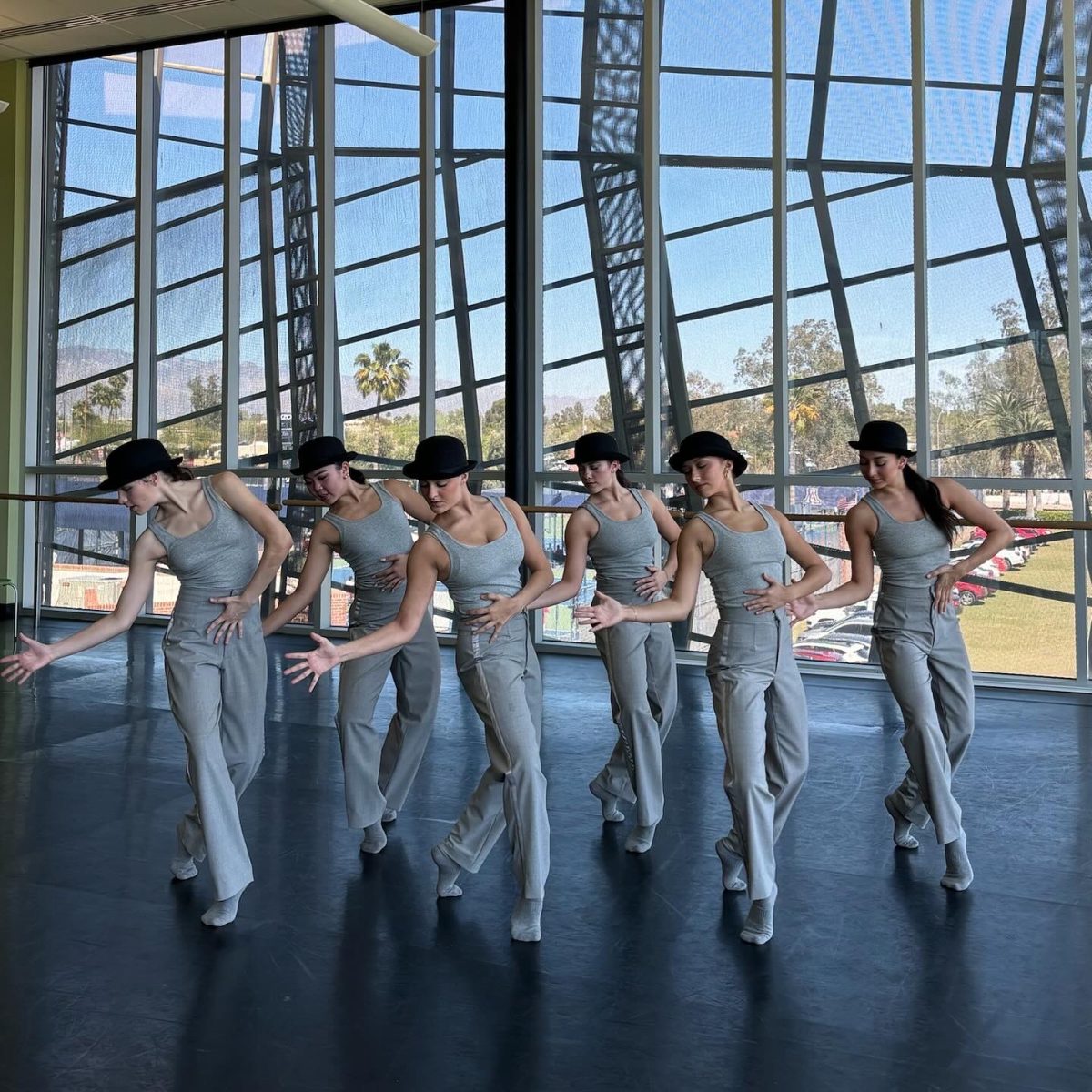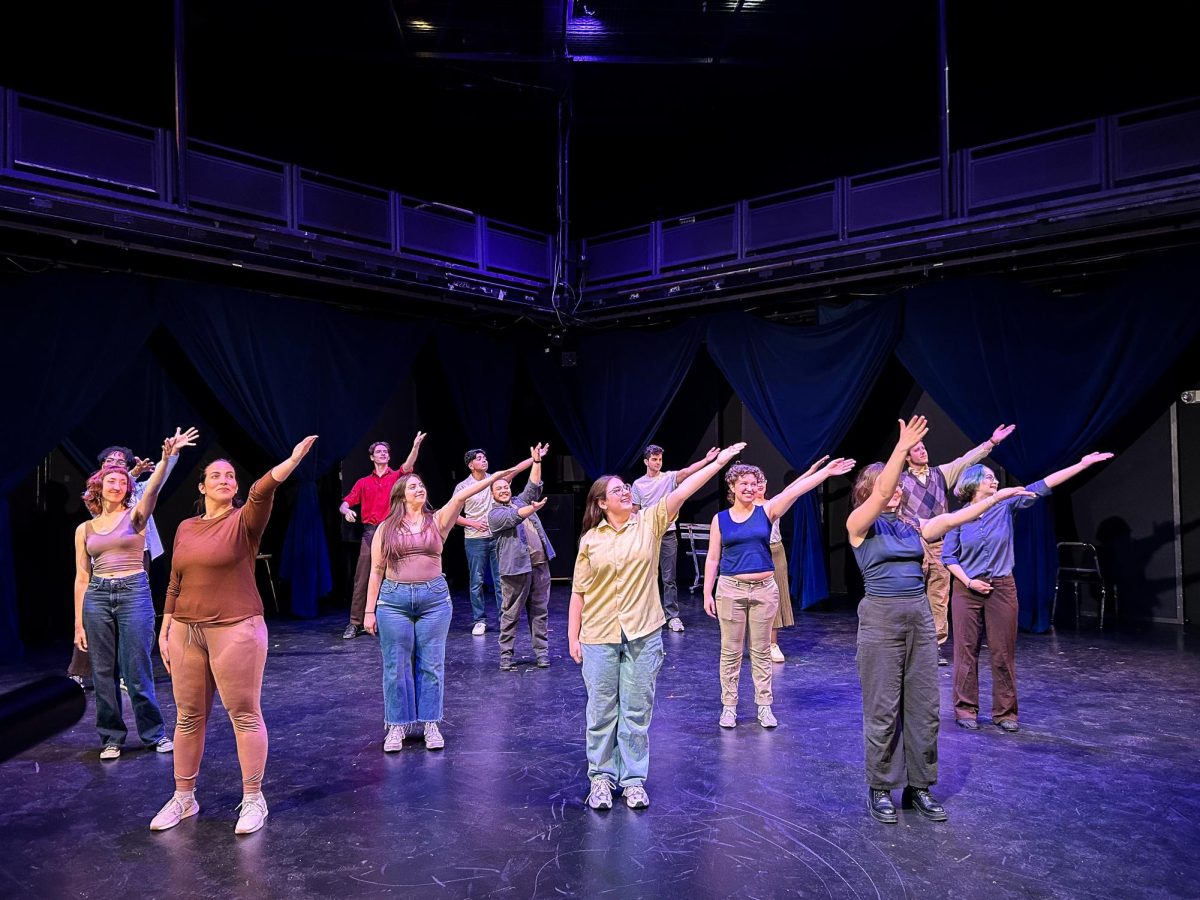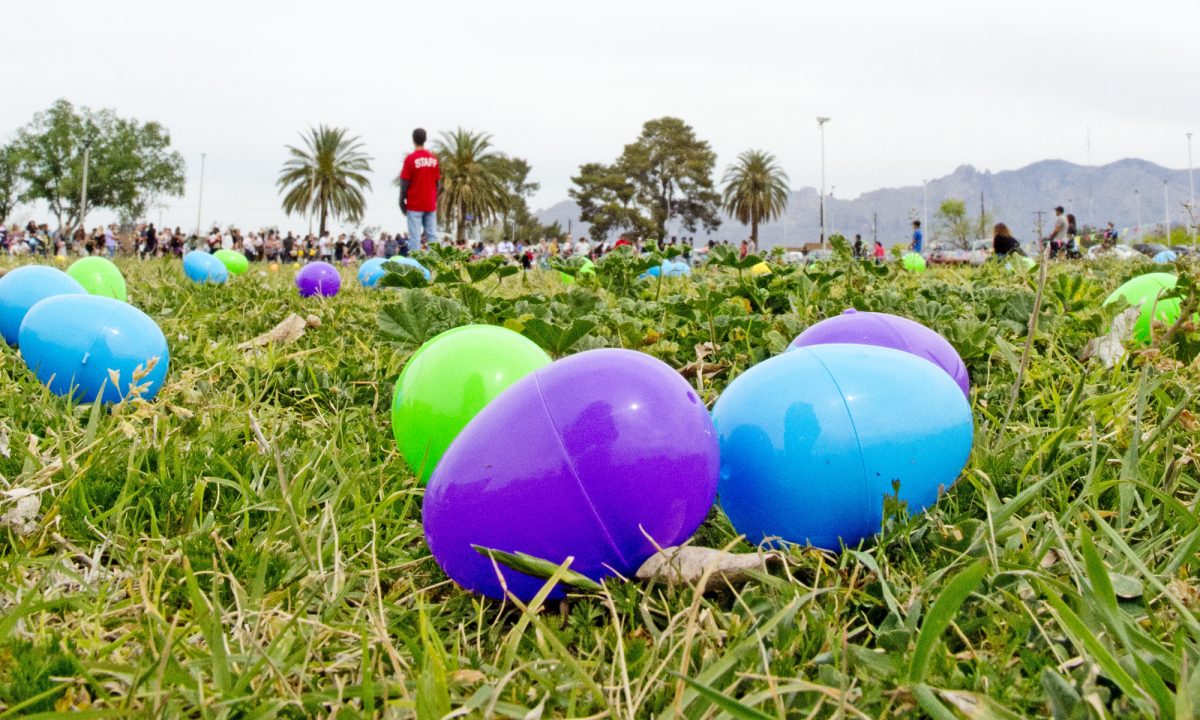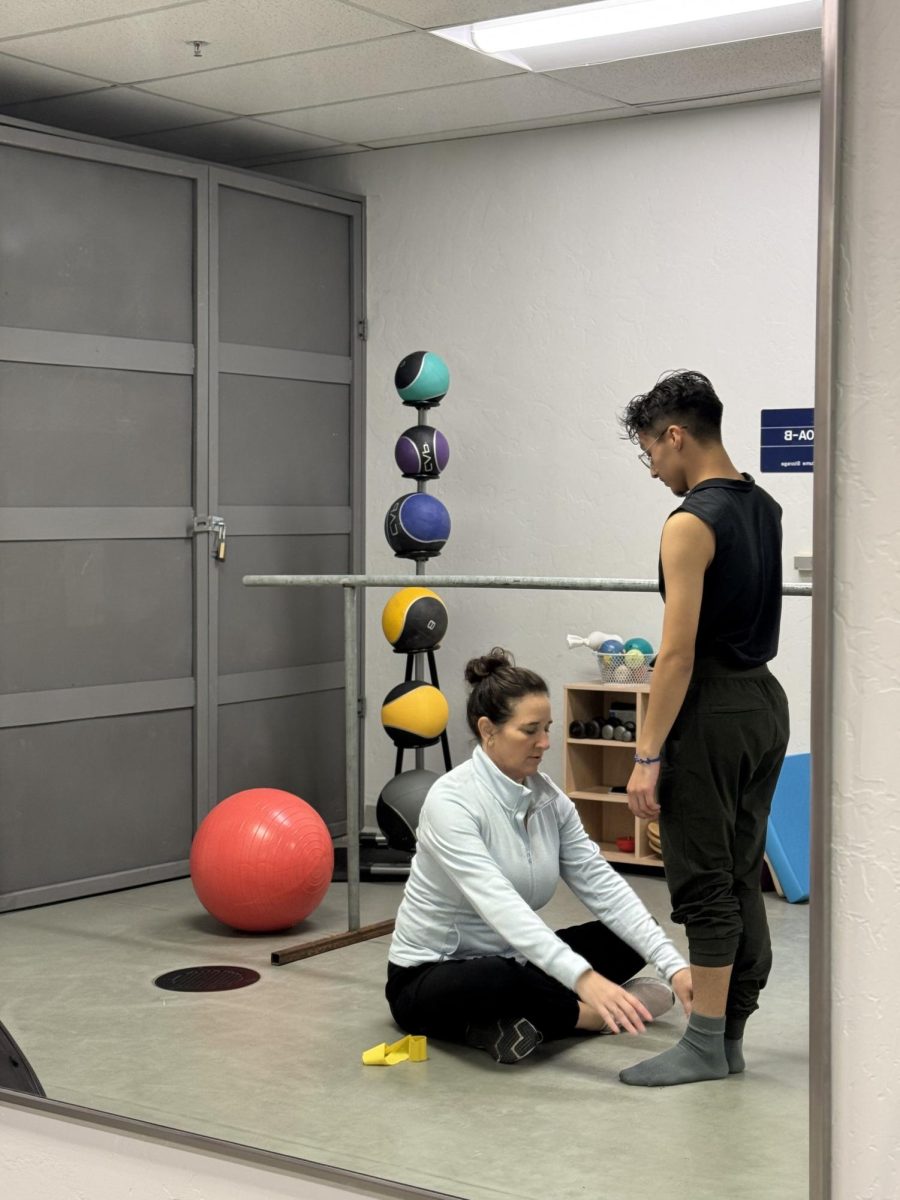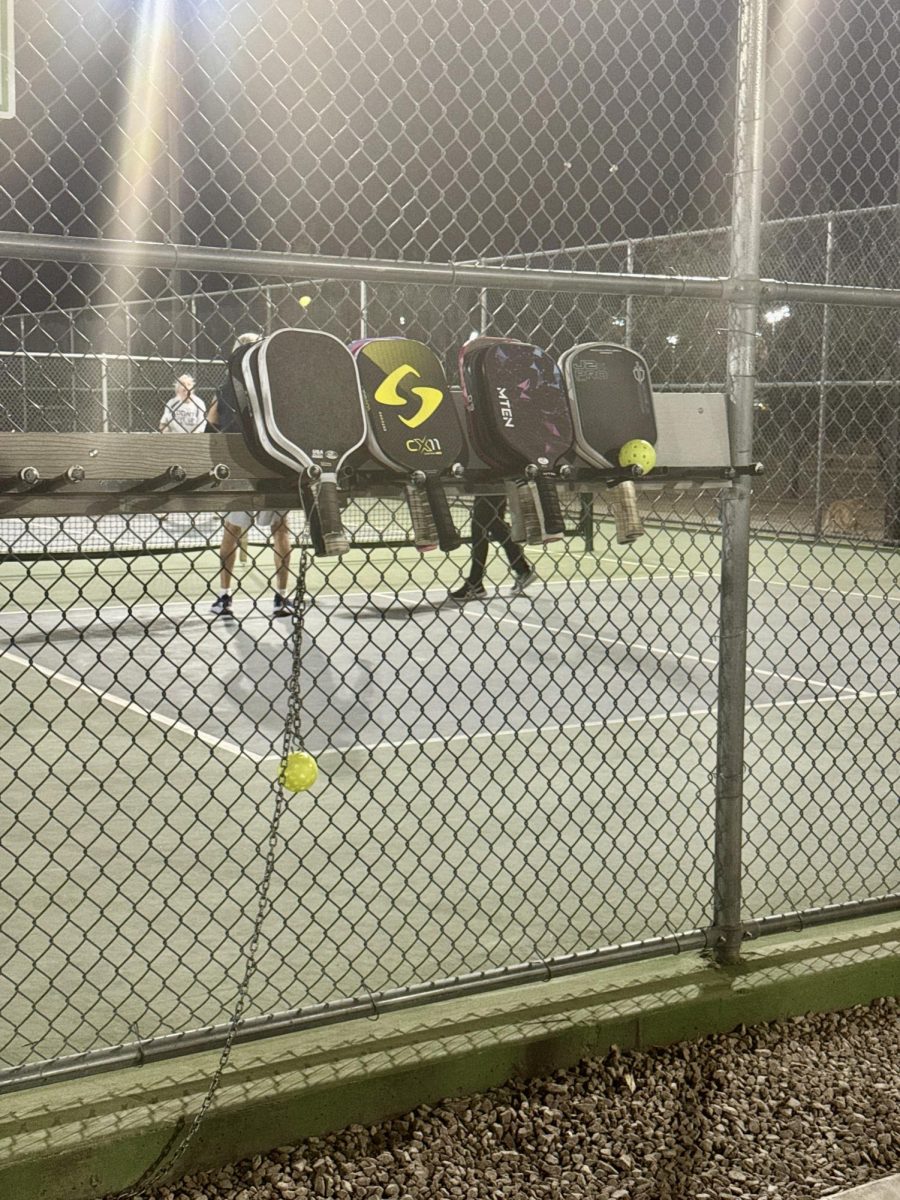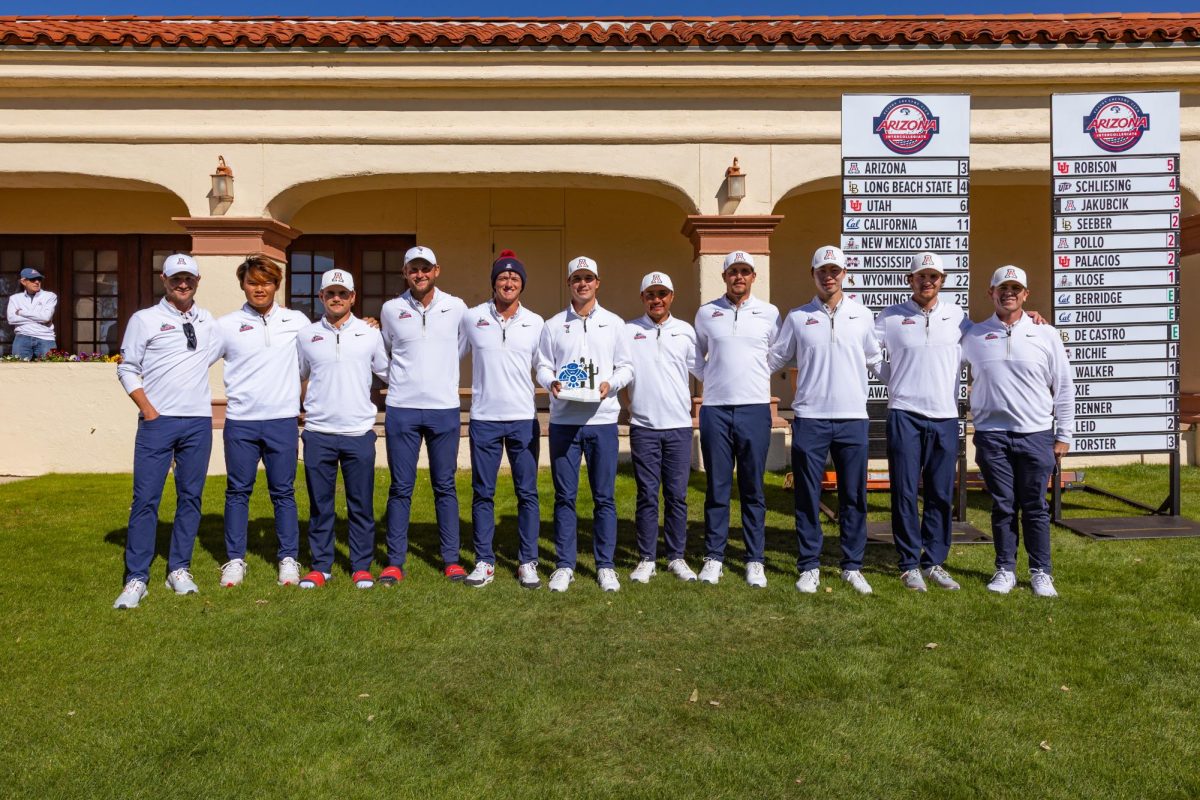Anton Chekhov’s “Uncle Vanya” has long been referred to as a theater classic. The play examines the themes of purpose, love and human failure centered on Uncle Vanya, a man struggling with regret of wasting his years.
But in the University of Arizona School of Theatre, Film & Television production at Marroney Theater this weekend, audiences will discover that the female characters Sonya, Yelena and Marina, are just as much a part of Uncle Vanya’s story.
Audiences might also see themselves and their lives.
Directed by Kevin Black with a cast of strong female leads, the production shines a light on the struggles, strengths and complexity of the female characters.
“This isn’t just Vanya’s story. Every character here is pivotal, and the women are hugely important in driving the story forward,” Black said.
Set in 1897 Russia, this production stays true to Chekhov’s original setting. The set is designed to engage the audience in nature, with open spaces and forests set as the backdrop to the characters’ emotional crises.
“The story unfolds in a world that can support us — if we pay attention to it,” Black said. “But the characters are so consumed by their own crises that they barely notice the beauty around them … It’s a reminder that even in chaos, the natural world offers balance and perspective.”
The recurring theme of balancing nature and human drama still resonates today.
“Astrov, for example, is obsessed with planting trees and protecting the environment,” Black said. “His efforts are forward-thinking, but they’re also a reflection of his own internal struggles.”
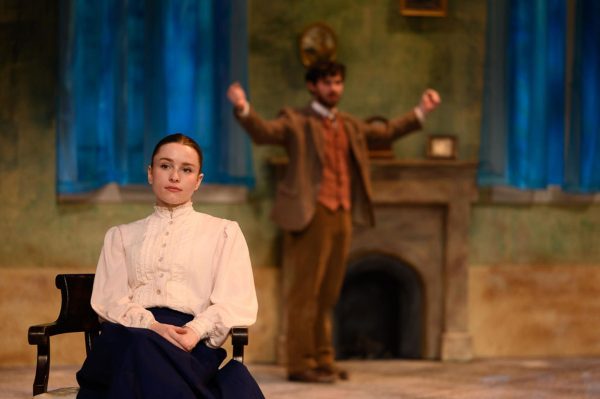
He said Isabella Santoni’s portrayal of Sonya captures the emotional depth of one of Chekhov’s most relatable characters. Through her struggles, Sonya continues to be the foundation that keeps the family united.
“Sonya is remarkable because, for all of her strength and resilience, she has moments of real playfulness and joy,” said BFA theater senior Santoni. “She’s endured a lot, but she’s kept herself and everyone around her going.”
Santoni looks to Sonya’s unreciprocated love for Dr. Astrov as one of her most relatable struggles.
“Being in love with somebody and not knowing if they love you back is the same joyful torture it’s always been, whether you’re in 19th-century Russia or present-day Tucson,” she said.
Sonya’s final monologue, where she consoles Uncle Vanya, is one of the play’s most emotional moments.
“We’re watching this character search, in real-time, for any scrap of hope or comfort,” Santoni explains. “She chooses to believe in hope — a scraggly, distant, beyond-the-veil sort of hope — but still hope.”
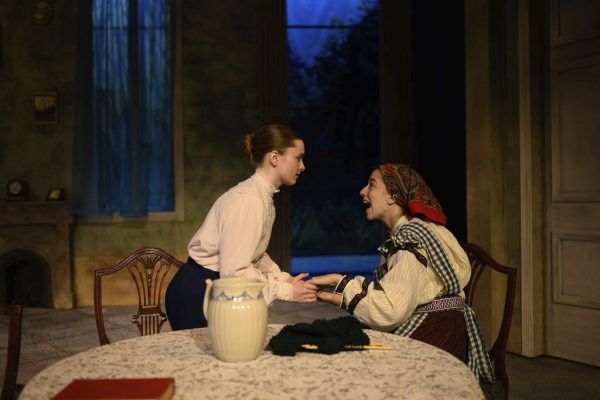
“Uncle Vanya” runs Friday, Dec. 6-Sunday, Dec. 8 at Marroney Theater.
Marina, the elderly nanny played by senior BFA student Isabella Russo may not have the dramatic arcs of the other characters, but her presence in the play is irreplaceable.
“Marina represents wisdom and resilience, empathy and compassion, practicality and optimism,” Russo said. “She refuses to allow hardships to prevent her from enjoying life.”
While Marina may not speak as much as the other characters, her silence carries weight throughout the play.
“Her silence and presence represent a strength that the other characters in the show haven’t yet found,” Russo said.
Russo also sees Marina as a grounding figure for other characters in the play and today’s audiences.
“As our world changes around us, these traits are becoming harder to preserve with the influences that society has on us,” she said. “Marina represents what it means to lead a life full of care and calm, which is something that many of us strive towards.”
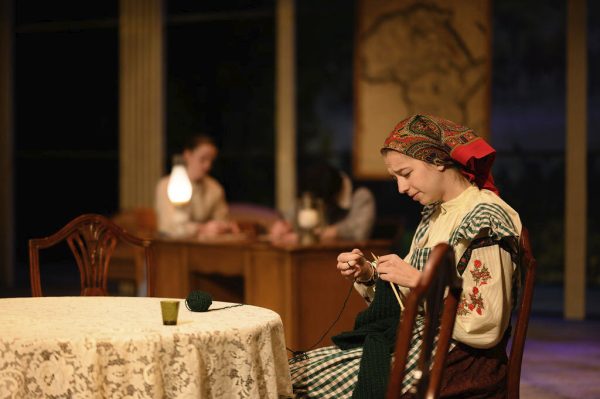
Yelena, who is trapped in an unhappy and unfulfilling marriage, brings another focal point to the story. Black describes Yelena, played by Lily Wilson, as brilliant, stifled and yearning for a purpose in society. Her dissatisfaction drives a lot of tension throughout the play, particularly her pursuit of Dr. Astrov, which conflicts with Sonya’s dreams.
Chekhov wrote “Uncle Vanya” more than 130 years ago, yet it remains relevant to modern times.
“This is a play about family and the choices we make during life’s biggest crises,” Black said. “You’ll see yourself, your parents, your family in these characters.”
“This isn’t just Vanya’s story,” he added. “It’s a story about a family, and every member of that family contributes something vital. I think you’ll walk away feeling like you’ve just watched something deeply human.”
Performances of “Uncle Vanya” will be at 7:30 p.m. Friday, 1:30 and 7:30 p.m. Saturday and 1:30 p.m. Sunday at Marroney Theater, 1025 N. Olive Rd. on UA campus. Tickets are $32 for adults, free for college and high school students through https://theatre.arizona.edu/shows/uncle-vanya/
Arizona Sonoran News is a news service of the University of Arizona School of Journalism.




